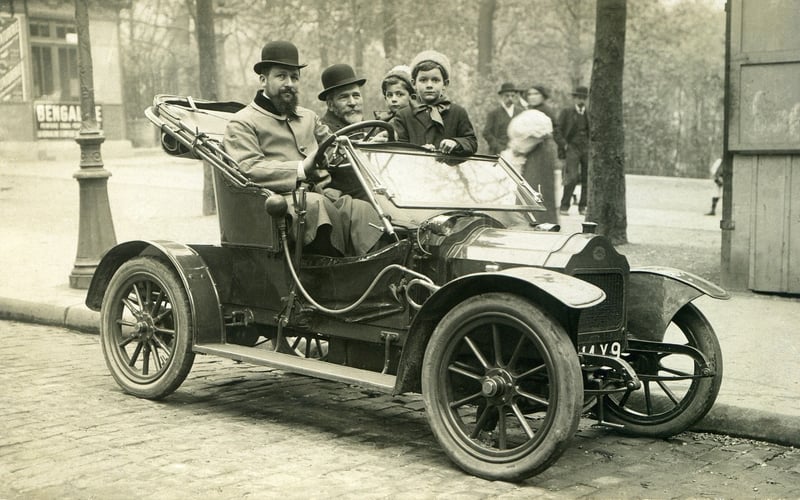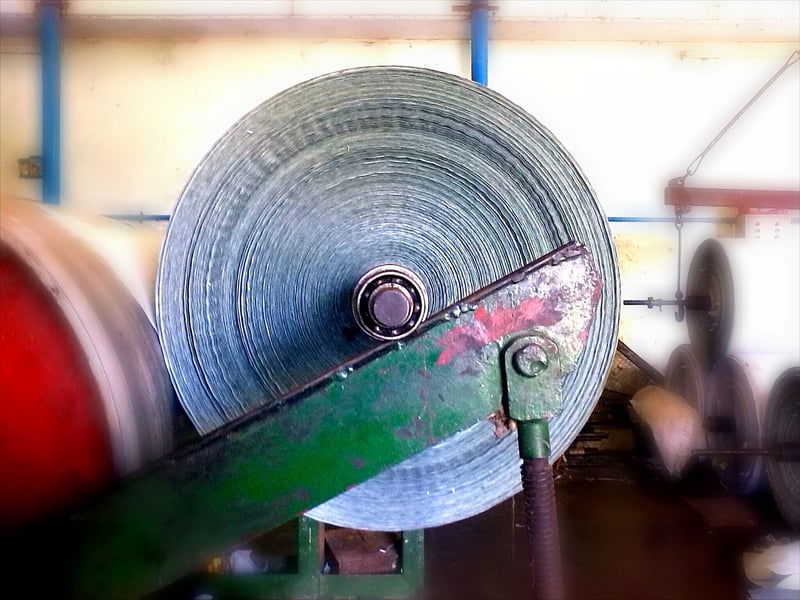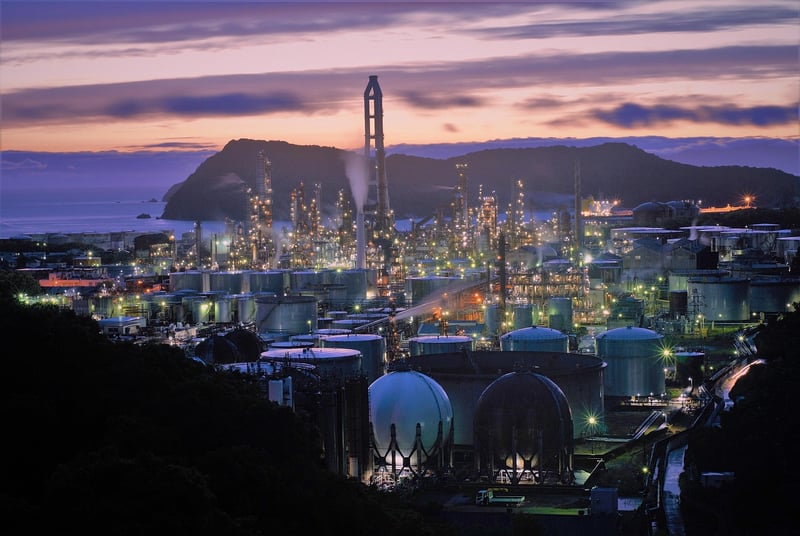Industrial Revolution
#History
#Culture
#Archaeology
Exploring the Past: The Industrial Revolution
The Industrial Revolution was a pivotal period in history that transformed societies from agrarian economies into industrialized ones. Spanning from the late 18th to early 19th centuries, this era brought about significant technological advancements, social changes, and economic shifts.
Key Aspects of the Industrial Revolution:
- Technological Innovation: The Industrial Revolution saw the development of new inventions such as the steam engine, spinning jenny, and power loom, revolutionizing production processes.
- Urbanization: The shift from rural to urban areas led to the growth of cities as people moved closer to industrial centers in search of employment.
- Social Impact: The working conditions in factories were often harsh, leading to the rise of labor movements and the fight for workers' rights.
- Economic Transformation: Industrialization boosted economies through increased production efficiency, trade, and the creation of wealth.
Effects of the Industrial Revolution:
- Increased Productivity: Mass production techniques led to a surge in output levels across industries.
- Global Expansion: Industrialization spread to other parts of the world, shaping the modern global economy.
- Environmental Impact: The rapid industrial growth also resulted in environmental degradation and pollution.
- Social Stratification: The divide between the wealthy industrialists and the working class became more pronounced.
Legacy of the Industrial Revolution:
The Industrial Revolution laid the foundation for modern industrial societies, shaping the way we live and work today. Its impact on technology, economy, and social structures continues to influence our world.
For images related to the Industrial Revolution, you can explore the following links on Pixabay:


